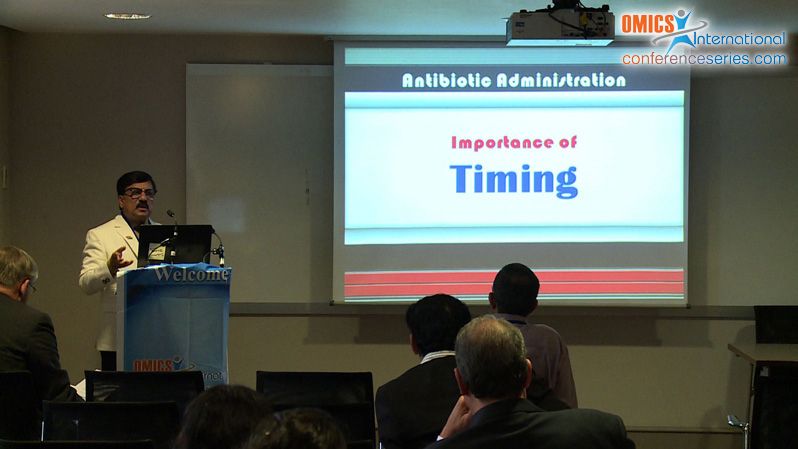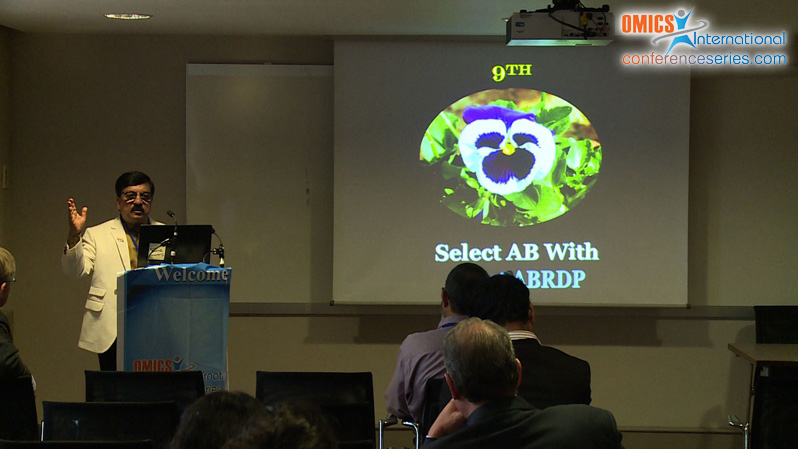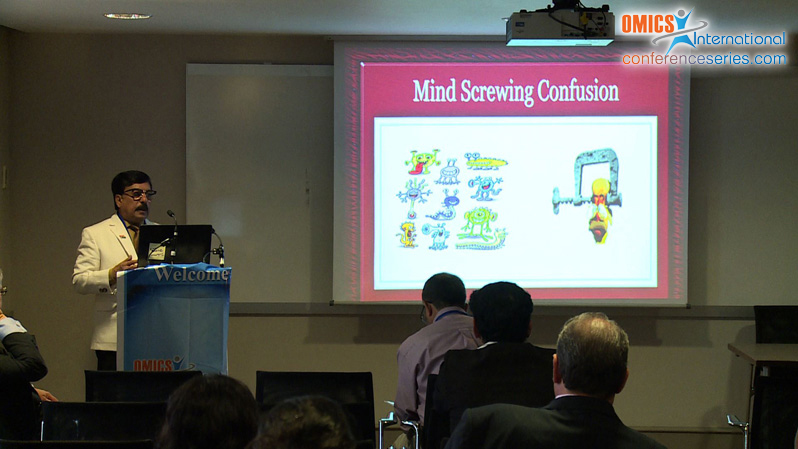
Ashok Kapse
Mahavir Super Specialty Hospital, India
Title: Antibiotic choice in serious bacterial infections: An overview of choice determinants
Biography
Biography: Ashok Kapse
Abstract
Serious bacterial infections may have a poor outcome unless they are treated promptly and adequately. Early and aggressive antibiotic treatment is the cornerstone of proper management. Unfortunately initiation of treatment is almost always empirical and is also the principal determinant of patient’s outcome, therefore choosing adequate antibiotic therapy is of vital importance. Choice of antibiotic therapy is generally affected by four important variables namely: microbes, drug, patient and treating doctor. Local Microbiological Data should be used for deciding initial empiric therapy. In the want of microbiological aid it is prudent to cover all serious pathogens; due attention should be given to prevailing resistant pathogens in local area. Scale down to narrowest possible effective antibiotic once culture is available; value the pharmacokinetic properties like bioavailability, volume of distribution and effective tissue penetration while choosing antibiotic therapy. Route of drug administration, penetration at site of infection, overcoming certain physical barriers, optimal dose and optimal duration are some of the important factors in determining antibiotic therapy.Development of antibiotic resistant is a key factor in choosing an antibiotic therapy. Contrary to commonly held view antibiotic resistant development is more a characteristic of an individual drug rather than a group therefore choosing a proper molecule will go a long way in warding off the antibiotic resistance. Patients immune status has a strong bearing on disease outcome, a through inquiry pertaining to immune status is vital in all cases; only bactericidal antibiotics should be used in an immune compromised patient. Many organisms’ elaborate potent toxins, neutralization of these toxins assume vital importance while treating such organisms. Many a times laboratory aid is grossly insufficient in developing world and therefore treatment is decided empirically, under such circumstances treating doctor’s knowledge and attitude assumes supreme importance. Constant learning, delearning and relearning is the essence of proper management in such conditions.





